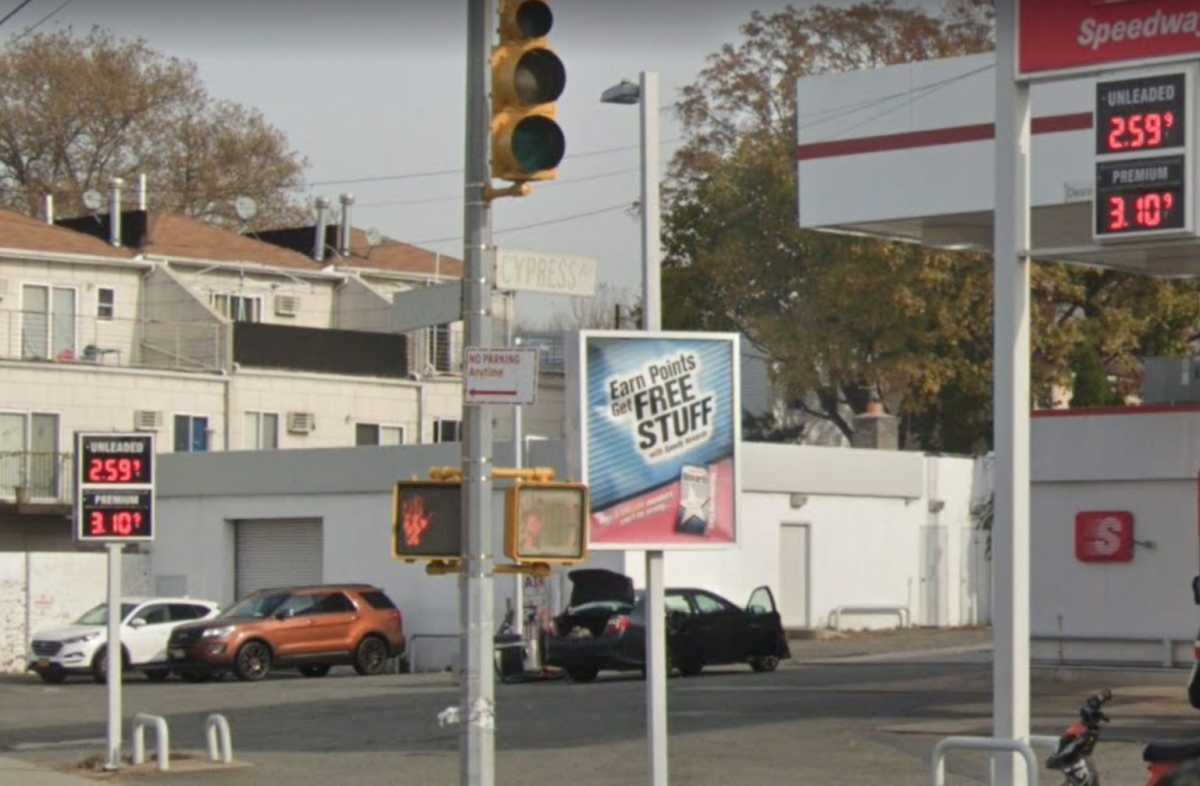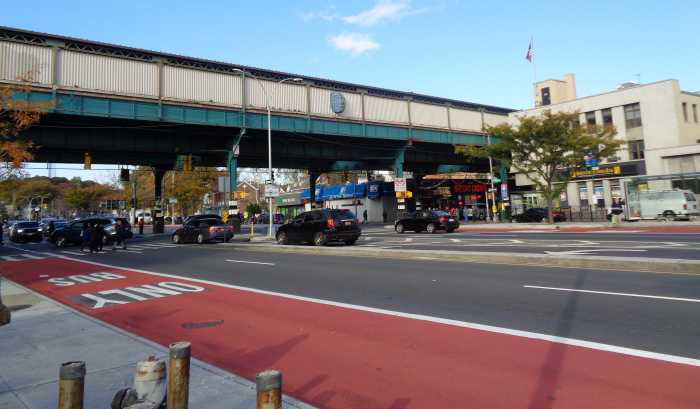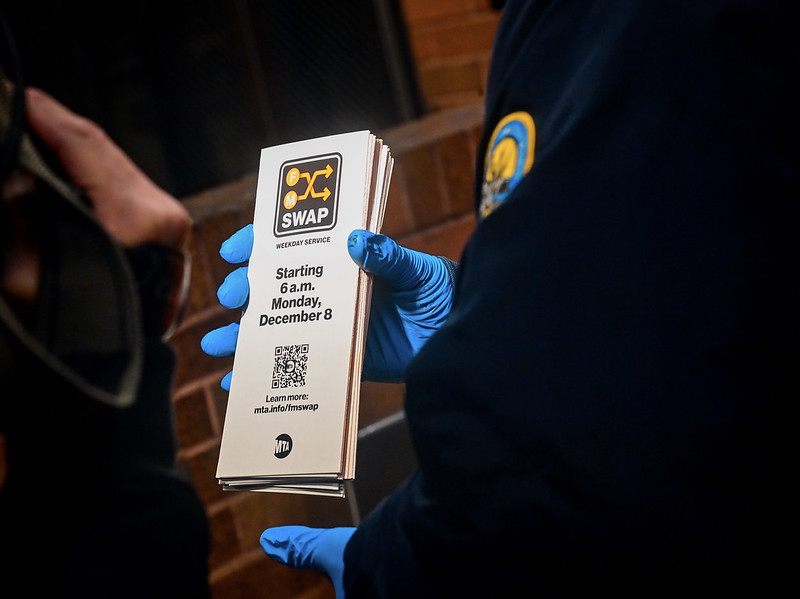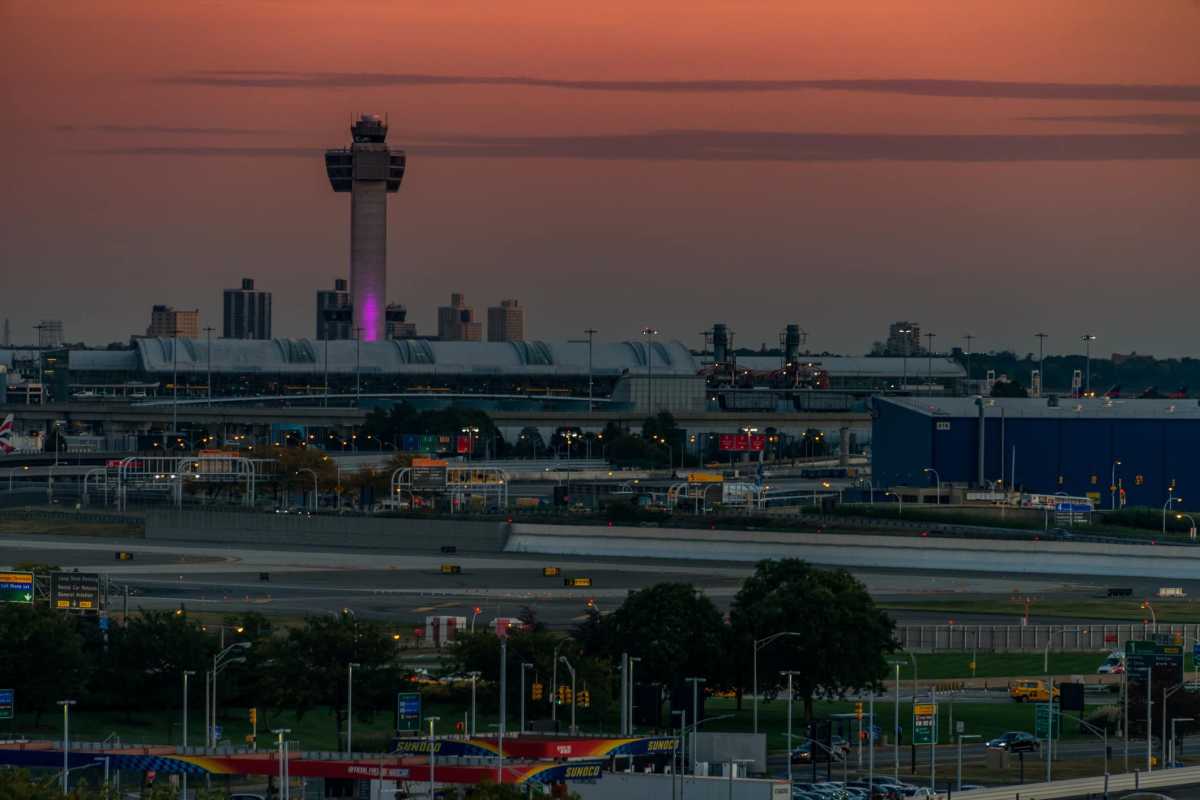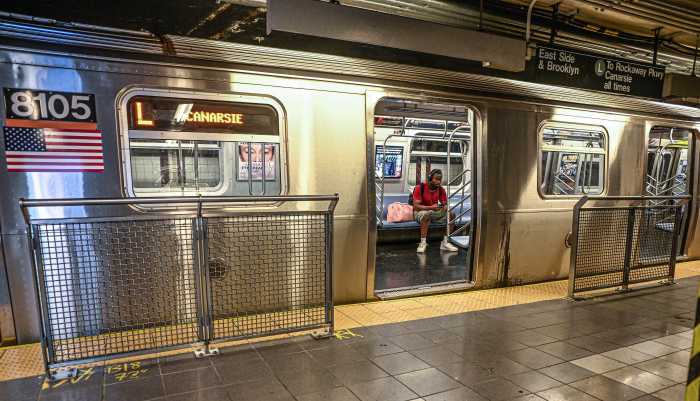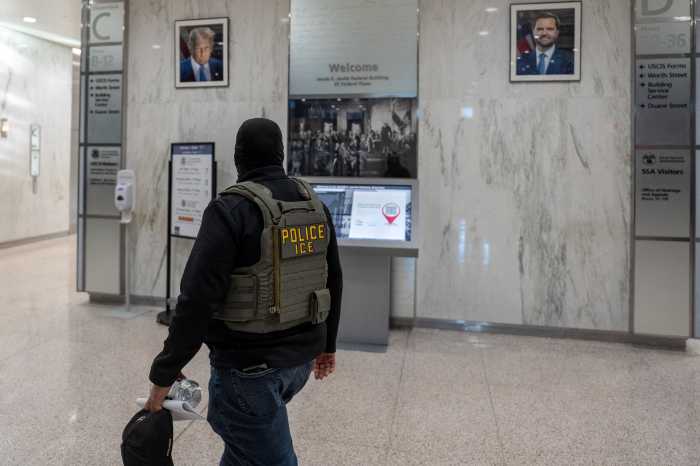City Comptroller Scott Stringer is telling the Department of Transportation that it is time upgrade street signs across the city for readability so commercial vehicles and other cars can navigate the streets more easily.
Stringer says the DOT is three years behind on the commitment to replace aging and vague signage throughout the city and despite budget cuts incurred from the pandemic, needs to prioritize these improvements for not only efficiency but safety.
Following an audit in 2017, Stringer issued six recommendations for DOT to accomplish this, but claims they have only pursued two them in that time.
DOT. however, strongly denied that it had not taken the recommendations into account even launched a program called the Sign Information Management System and was prioritizing the most dangerous locations for signs to be replaced.
“DOT takes the maintenance and tracking of its massive street name sign inventory very seriously, and strongly disagrees with the substance of the report. DOT maintains street name signs by working in areas at a time rather than just responding to requests. This process is both efficient, and promotes equity by not only responding to 311 requests, which tend to come from better off neighborhoods,” a DOT spokesperson said. ” The audit’s 311 section simplifies the agency’s handling and prioritization of 311 complaints and we disagree wholeheartedly with the Comptroller’s findings on 311 complaints, as we log each one and prioritize dangerous conditions and replace missing signage.”
According to DOT, a unit evaluates sign replacement projects based on resources and contract capacity as well as internal time standards which they claim is always under review for improvement.
“Our streets form the physical foundation and framework of our city, and move millions of people and goods throughout the five boroughs every day. If we want New Yorkers to get around efficiently, we need reliable corridors that are clearly marked,” Stringer said. “Structurally sound street signs are imperative for maximizing safety and efficiency in our streets, and keeping New York City functioning and running smoothly. The DOT is dragging its feet on making necessary upgrades to its system for installing and maintaining street name signs. Consequently, its program remains riddled with deficiencies, as progress on recommendations I made three years ago lags far behind.”
One of the recommendations taken up by DOT was that work orders were approved before being sent to a contractor as well as the partial implementation of a tracking and documenting program of intersections where street name sign surveys have been done. Among the four remaining recommendations remaining are an effort to collect data on all street name signs in the city; develop a plan to identify all signs that need to be replaced; instate protocols to ensure 311 complaints of street signs are dealt with in a timely manner; finally, he recommended that there should be a standardized time frame for replacing street name signs.
Stringer’s audit found that that on average, 125 business days elapsed between a work order being submitted and approved, ranging between 70 to 765 weekdays. On average, about 213 days could elapse between approval and work order being fulfilled, Stringer claims.
As part of the follow-up audit, Stringer recommended the following:
- DOT should take steps to (1) identify and document its complete inventory of standard street name signs throughout the City and (2) develop protocols to periodically update its records to reflect changes in a timely manner.
- DOT should develop a comprehensive plan for conducting surveys to identify street name signs that need to be repaired or replaced throughout the City, and regularly monitor its implementation of that plan.
- DOT should establish procedures to ensure that 311 complaints regarding street name signs are investigated and addressed in a reasonable time frame.
- DOT should develop a system to track intersections that it surveys using its web-based system where it finds that no work is needed.
- DOT should establish time standards for addressing street name sign repairs and replacements once the need for them has been identified, and regularly monitor how well it is meeting those standards.
- DOT should strengthen its controls over the mapping process to ensure that the GIS database is regularly updated to include all complaints the agency receives through the 311 system and ensure that the GIS database is regularly reviewed for completeness and accuracy in reflecting the status of all such complaints and the corresponding surveys and work orders.
- DOT should ensure that service request numbers are appropriately exported to the GIS map so that it can track and report complaint dispositions.
This story originally appeared on amny.com.

